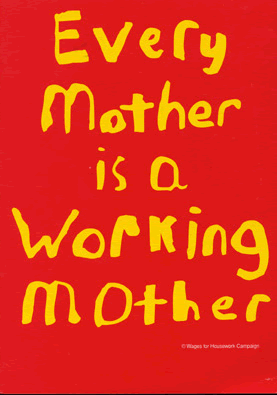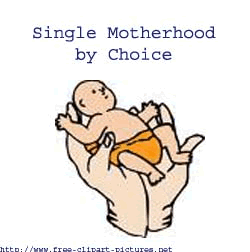Equal Rights and Opportunity Sexuality in the Family and Personal Life: Lesbian Feminism, Single Motherhood by Choice, Transgendered People, and Reproductive Rights
created by:
Annie ChoiChristine Wang
::Table of Contents::
Legislative Issues
Welfare Policies
During the 1990s, Congress implemented a series of welfare reforms that resulted in considerable changes for single mothers and their children. These changes consisted of mandated work coupled with requirements with time limited assistance. The goal of such changes encourages work and discourages welfare. Women on welfare have acted in opposition to government policies in order to meet the needs of their children and themselves.
Traditionally, the welfare program has supported single mothers so that they can devote themselves to childcare and not be a part of the labor force.
Aid to Families with Dependent Children (AFDC) 1935-1996
- A federal assistance program that provided financial assistance to poor families
- In order to be eligible to receive these benefits, a family must have a dependent child who is under 18 years of age and deprived of financial support from one parent due to death, steady absence, or incapacity
The Personal Responsibility and Work Opportunity Reconciliation Act of 1996 is a U.S. federal law that was enacted in 1996. It instituted the Temporary Assistance for Needy Families (TANF) program, which provides cash assistance to impoverished American families with dependent children through the United States Department of Health and Human Services. Commonly known as welfare, it gives states the authority of run their own programs. A major objective of this program is to move people away from temporary assistance by helping them obtain jobs.
Temporary Assistance for Needy Families (TANF) 1996-replaced the AFDC program

image from http://allwomencount.net/
- Under this program, single mothers who apply for aid must reveal the identity of the biological father and help the government find the father in order to collect child support.
- If the single mother refuses to cooperate, there is a reduction in welfare benefits
- This policy takes rights away from mothers for choosing not to financially depend on the father of the child.
- It promotes the idea that it is beneficial financially if these single mothers marry or have relationships that are similar to marriage
- The work requirements demand that recipients work after two years of assistance, and that they participate in unsubsidized or subsidized employment, on-the-job training, work experience, community service, and 12 months of vocational training.
- There is a five-year time limit. Families will be ineligible for cash assistance if they have received aid for five cumulative years.
Positive Effect: This new program has resulted in the increase of all mothers (single and married) in the labor force.
Negative Effect: The requirement of establishing the paternity of children has led to a significant decrease in the number of people receiving these cash benefits.
More information
The process group Valuing the Devalued has more information on welfare and women.
For more information on this program and how to find a local information center please visit the U.S. Department of Health and Human Services .
